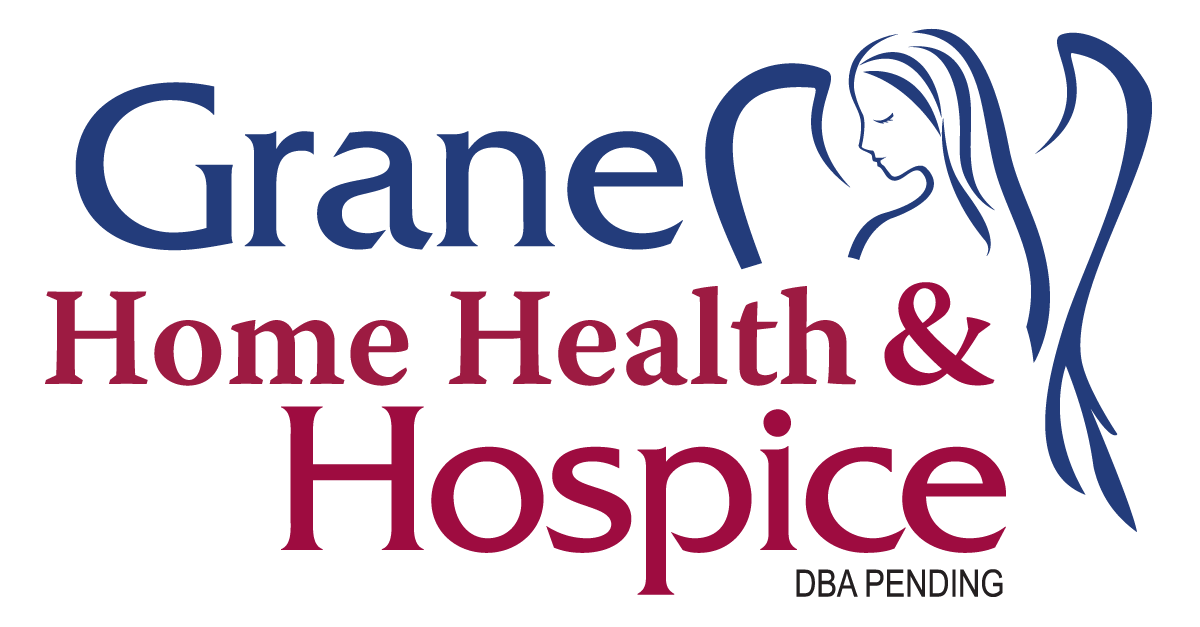One of many examples is that of a newly bereaved family member who told me that she wasn’t sure that being “psychoanalyzed” would really help with her grief. Sensing her apprehension, I asked her if it would be ok if I just walked beside her through her grief journey. She later shared with me that she wasn’t quite sure what I had meant at the time but it sounded non-threatening and since everyone else she had met on the hospice team had treated her and her father “like family” she decided to give it a try. A few months into our meetings she shared with me that she was coming to understand what I had meant by walking with her. To her it meant that I had accepted her unconditionally, without judgment, and that it was safe to be angry, to cry and to express any feelings that she was experiencing however crazy they seemed to be. She once told me that she was amazed that I cared enough to keep coming back. She appreciated me understanding that she needed to hear a little about my life, too, as she had no family left pulled and her few friends had away, having long grown weary of hearing about her grief. Something as simple as hearing about how my chickens got loose one morning or what I was planning to make for dinner seemed to give her a brief escape from her grief, and gave her a feeling of connection. She also shared with me that she was grateful that she never had to worry if she was wearing frayed clothing or that the dishes weren’t done, or that there were cat hairs on the chair I sat in when I came to her house. Countless times she has said to me “I don’t think I could have made it through this without you” and I would smile and remind her that she did all of the hard work. Yes, I also used quite a few counseling techniques to help her through some of her darkest days and to equip her with resources once it was time for me to step away, but without the connection I most likely would not have had the opportunity to walk beside her.”





